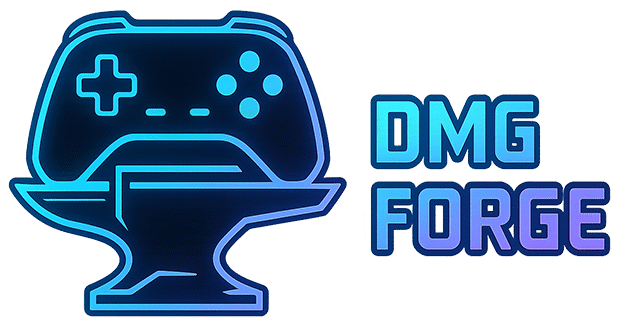Scope creep in game development is a notorious villain. Imagine starting with a clear vision for your game, only to see it expand beyond recognition. Scope creep happens when additional tasks sneak their way into the project without proper evaluation or planning. This can lead to delays, budget overruns, and strained teams.
Feature creep, on the other hand, is a similar issue but with a twist. It’s when new features keep getting added to a game, often losing sight of the original design intent. Everyone wants the coolest new features, right? But this can bog down development and skew timelines, making it harder for developers to focus on what’s really important.
Now, how does scope bloat differ from scope creep? While they go hand-in-hand, scope bloat is when the project’s original scope has grown too broad and unsustainable, usually leading to scope creep. Think of it as the bloating of your project goals, causing stress and a road full of unwanted detours.
Scope creep and feature creep are two sides of the same coin, but both have unique impacts on game development. Scope creep typically affects project timelines directly by adding more to the workload. Feature creep tends to shift focus, steering resources into unnecessary additions that weren’t part of the initial plan.
Why is scope creep so bad, you ask? Because it can lead to unmanageable workloads, frustrated developers, and games that miss their time to shine. It risks releasing an unfinished product that’s been rushed to meet targets, damaging reputation and trust with players.
So, you want to stop feature creep dead in its tracks? Set clear priorities and stick to them like glue. Every new feature should be weighed against its value to the project and whether it aligns with your original vision. Engage the whole team in a transparent discussion about what’s essential.
At the end of the day, beating scope creep and feature creep is about maintaining a balance between ambition and reality. Clear communication and strict project management can keep your game on track without losing the creative spark. Remember, a focused team is a successful team.
